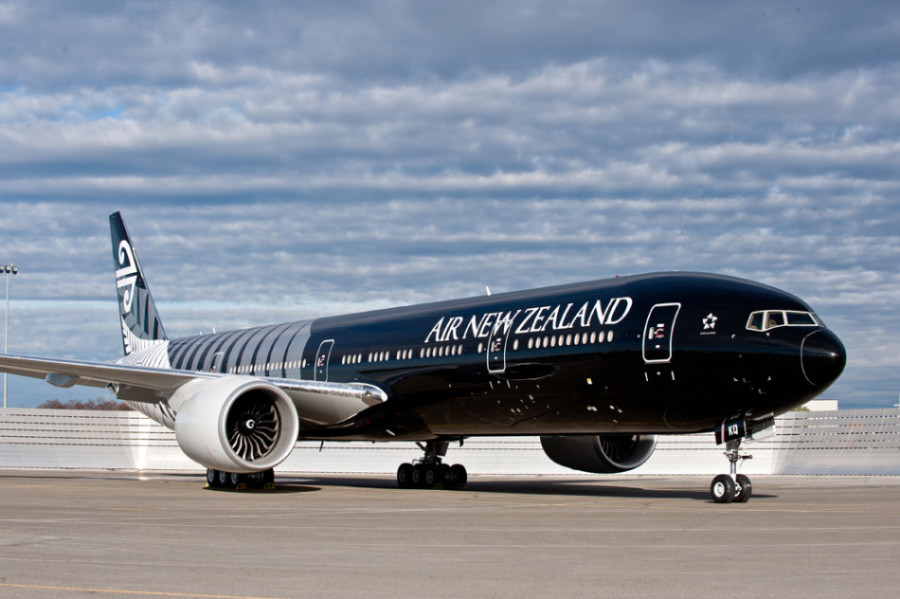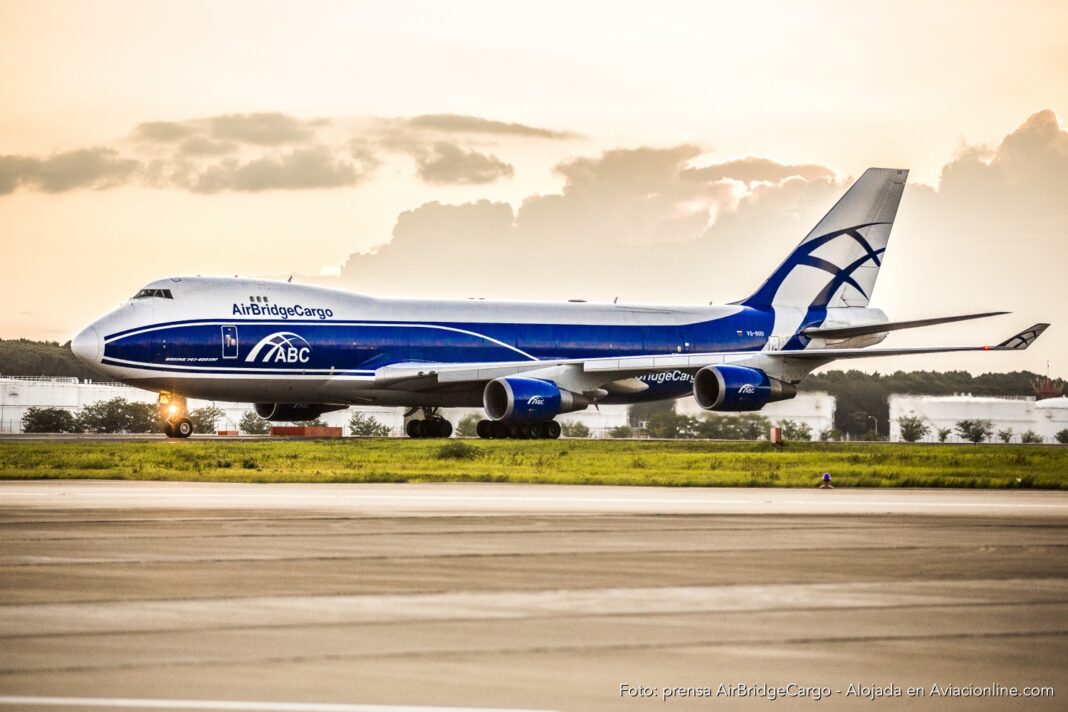After 696 days in storage, Air New Zealand is pulling its first Boeing 777-300ER out of the desert from Victorville, USA, NZ Herald reports.
In 2020, the airline had sent four 777-300 to such a facility in the Mojave Desert due to the impact produced by the COVID-19 pandemic.
The high demand being experienced following the relaxation of health restrictions in New Zealand has prompted Air New Zealand to resume more than two dozen routes. Now, the company needs to return a large portion of its wide-body aircraft that were in storage.
Air New Zealand is currently using fourteen Boeing 787-9 for its long-haul routes and two Boeing 777-300ER that had been left in New Zealand in the event of a resumption of operations. A third 777 based in Auckland (registered as ZK-OKO) would resume operations in the coming weeks. In 2021, they decided to bring forward the retirement of their seven Boeing 777-200ER.
The carrier has two additional Boeing 787-9s and six Boeing 787-10 due for delivery to replace the Boeing 777-300ER in 2024.
Air New Zealand chief operating officer Alex Marren says it’s great to see these aircraft back in service to help prepare the airline to fly even more.
«No one could predict what would happen in the pandemic and now that demand recovered faster than anticipated, we knew it was time to bring these aircraft back from Victorville,» Marren commented.
The ZK-OKP is the first of four 777-300 stored at Victorville to be reactivated. Air New Zealand is working on a program to recover the remaining three over the next year.
«When the difficult decision was made to store our 777 fleet, we knew that the desert was an ideal environment due to its hot and dry conditions. After being stored for nearly two years in this climate, they are coming out of long-term storage in good condition,» continued Alex Marren.
According to the manager, it takes six to eight weeks to reactivate a 777-300. A team is working with a local maintenance provider to bring it out of the desert.
«The process starts with a good scrubbing to remove dust and dirt that has accumulated in long-term parking in the Mojave Desert. Then our engineering teams remove the protective covers and materials from the wheels, sensors and wings and carry out a thorough service and maintenance program so that these aircraft can be repaired and ready to fly again,» Alex Marren told NZ Herald.
The ZK-OKP will depart Victorville in late August for Auckland, where it will undergo scheduled maintenance before rejoining the 777-300 operating fleet from late September.
The 777-300 can carry up to 342 passengers divided into three classes: 44 in Business Premier, 54 in Premium Economy and 244 in Economy. It also has a cargo deck capacity of 154 cubic meters.
This model will connect Auckland (AKL) with Sydney and Melbourne (MEL), Australia, and San Francisco (SFO) and Los Angeles (LAX), United States.
Other destinations
Boeing 787 account for 8.5% of Air New Zealand frequencies, operating, in addition to the above destinations, the following:
- Australia: Brisbane (BNE), Perth (PER), Sydney (SYD).
- Canada: Vancouver (YVR).
- China: Shanghai/Pudong (PVG).
- South Korea: Seoul/Incheon (ICN).
- United States: Houston (IAH), Honolulu (HNL), Los Angeles (LAX) and San Francisco (SFO).
- Fiji: Nadi (NAN).
- Hong Kong (HKG).
- Cook Islands: Rarotonga (RAR).
- Japan: Tokyo/Narita (NRT).
- French Polynesia: Papeete (PPT).
- Western Samoa: Apia (APW).
- Taiwan: Taipei/Taoyuan (TPE).
- Tonga: Fua’Amotu (TBU).
New York (JFK) will be added as of September 17, and from October 30, Osaka/Kansai (KIX) and Chicago/O’hare (ORD).

See also: Air New Zealand to relaunch 14 international routes in the next 16 days
The only three destinations without a return date are Buenos Aires/Ezeiza (EZE), Argentina; Norfolk (NLK); and London/Heathrow (LHR), UK, the latter of which has been permanently discontinued.
According to Cirium, it is expected that by the end of the year Air New Zealand would resume 2019 levels in terms of frequencies, although and increase seat supply by 9.6% after adding Airbus A321neo aircraft on its short- and medium-haul routes.
The company has seven of 14 A321neo on order, plus a further 18 A320ceo and 6 A320neo, which have remained busy during the two years that the New Zealand government kept its borders restricted.







